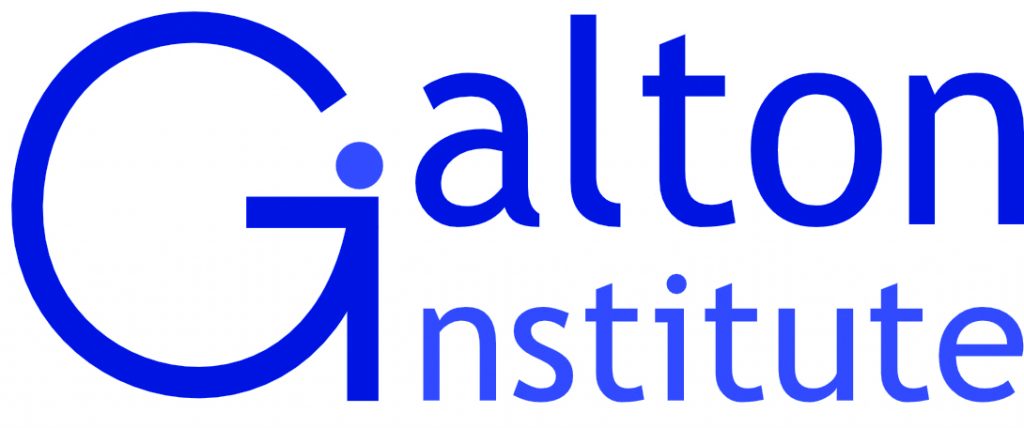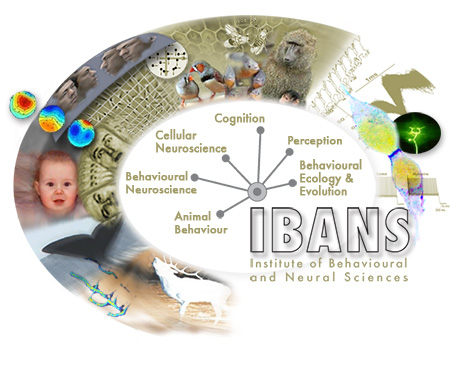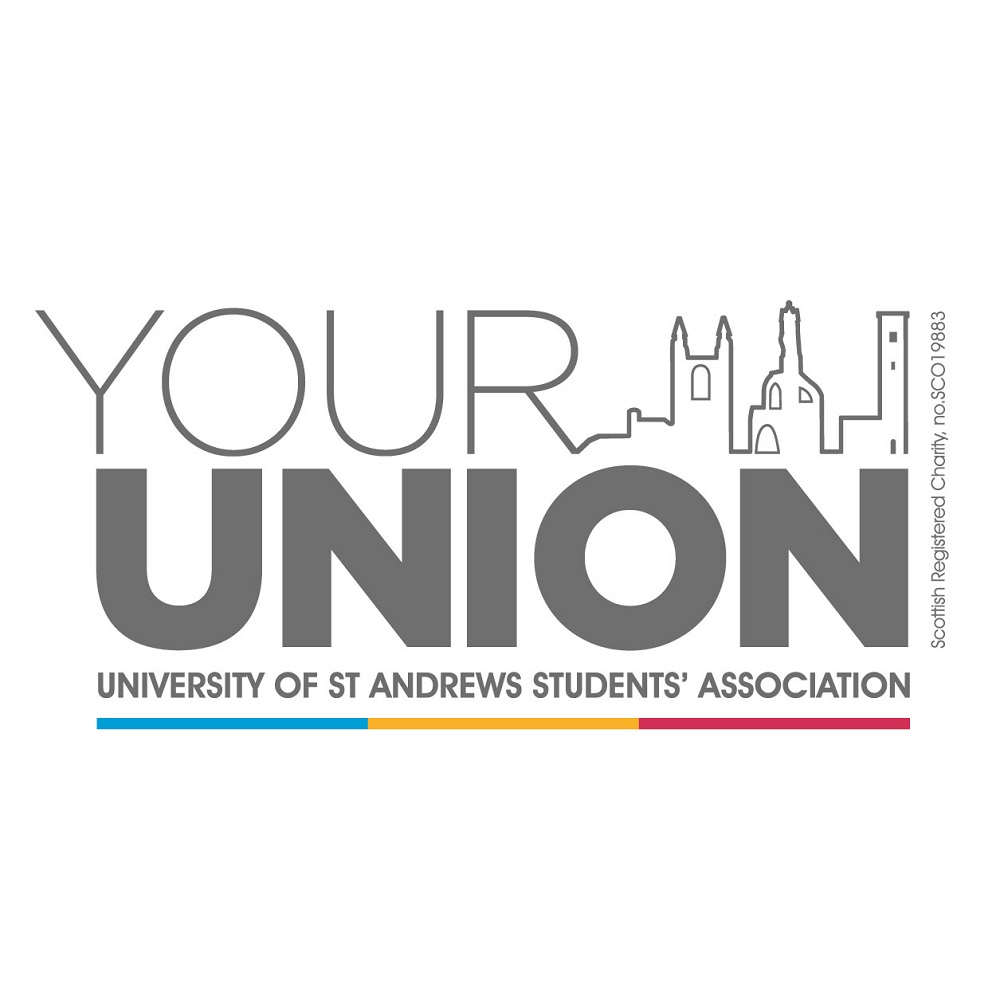Summer Workshop 2018
Early-career // Social Learning and Cultural Evolution // Cross-disciplinary
Brace yourself!
21st-22nd June 2018, University of St Andrews (UK)
It is time for out second Society’s annual workshop. Following a successful first edition, held in Manchester last January, we are now organising a two-day multidisciplinary workshop at the University of St Andrews (UK).
What to expect from this year’s workshop?
Interdisciplinary discussion on the state-of-art of research and methods
A platform to exchange on early-career specific issues
Interdisciplinary networking and research showcasing
Programme
- Registration
- Keynote 1: Eoin O’Sullivan, University of Stirling. Talk title: Searching for a psychological science of social learning in the 20th century’s schools of behaviour and cognition
- Activity: Social Learning across disciplines: state of the field
- Activity: Future directions
- Activity: Studying Social Learning: techniques and methods
- Open poster session
- Keynote: Alexis Breen, University of St Andrews. Talk title: Social influences and consequences in animal construction
- Activity: Issues in early-career research
- Activity: Working cross-disciplinarily: group-based project proposal
- Activity: Science communication: Explaining Social Learning on Wikipedia
- Senior researchers panel: Learnt Perspectives – 20 years of Social Learning
- Closing
- Subsequent: Annual General Meeting
Participants will have the opportunity to present their work, in the form of a poster, to other attendees and to colleagues and senior researchers from the University of St Andrews, in an open-doors event. Research on social learning or on topics with a direct applicability to the field is welcomed.
The event will conclude with a discussion panel of senior researchers discussing their experience in the field and how they have seen it changing: Learnt Perspectives: 20 years of Social Learning.
Follow this link for the detailed workshop programme
or
Keynote speakers
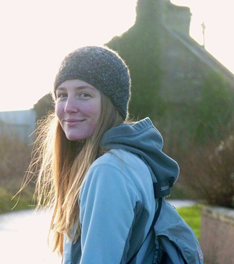
Social influences and consequences in animal construction
Many animals select raw material from the surrounding environment and manipulate it into a species-typical construction, such as a nest for occupancy. What role the social environment may play in shaping animal construction (such as the development of material handling, choice of material and/or construction competence) remains poorly understood. I will discuss recent laboratory work on nest construction by birds that explores several of these as-yet-unanswered questions, showing that the social environment can indeed impact animal construction.

Searching for a psychological science of social learning in the 20th century’s schools of behaviour and cognition
The field of social learning research has a long history in psychology, beginning with Edward Thorndike’s early studies of dogs, cats, and chickens, and culminating in a modern, thriving, multi-disciplinary science. While the past 20 years has seen interest in the field surge, researchers are still largely guided by the theoretical schools of cognitive and behavioural science developed in the early and mid-20th century. Here, I will reflect upon how the cognitive, behaviourist, and ethological schools have guided my exploration of social learning mechanisms in human and nonhuman primates. Specifically, I will focus on how these perspectives have informed my approach to the ontogeny of imitative ability in children and capuchin monkeys. I will also expand on how lessons learned from these theoretical schools can guide future work in the science of social learning.
Guests
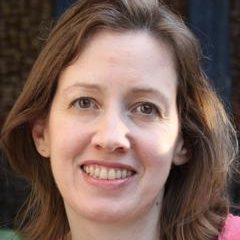
Malinda Carpenter is Professor of developmental psychology at the University of St Andrews, with a main research focus on the social behaviour and factors affecting group dynamics of infants and young children. She has also been involved in comparative studies into the development of ape and human social cognition. From the beginning of her academic career, she has often used interdisciplinary approaches to deepen our understanding of social cognition.
Selected publications:
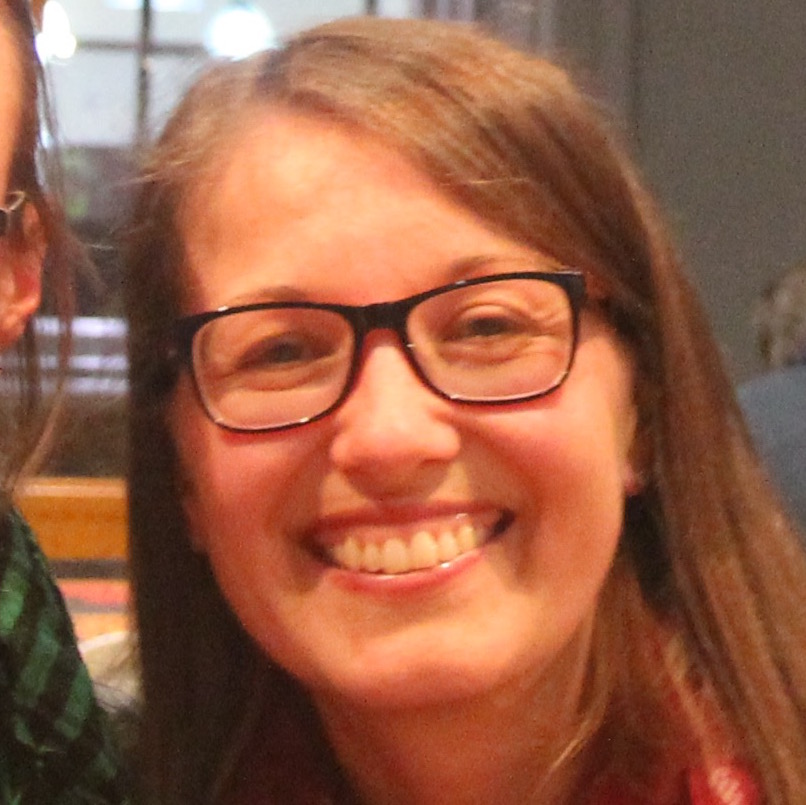
Monica Tamariz (Heriot-Watt University, Edinburgh) works mainly in linguistics, investigating the social and cultural processes that lead to the development of linguistic structure in the cultural evolution of language. She also works in other forms of communication, notably dancing, and explores the cultural evolution of these other forms of communication. Her work encompasses a combination of computer simulations, mathematical modelling and experimental studies.
Selected publications:
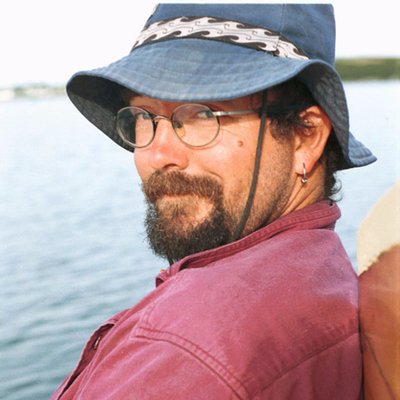
Dr Luke Rendell has broad research interests, largely centred on the evolution of learning, communication and culture, but with a special focus on cetaceans. Maintaining an active publication record for almost two decades one of his earliest major contributions was a strong argument for including cetaceans in the broader field of animal culture. More recently he has been involved in theoretical approaches to understanding and disentangling social learning strategies, an important area for everyone interested in the fields of social learning and culture
Selected publications:
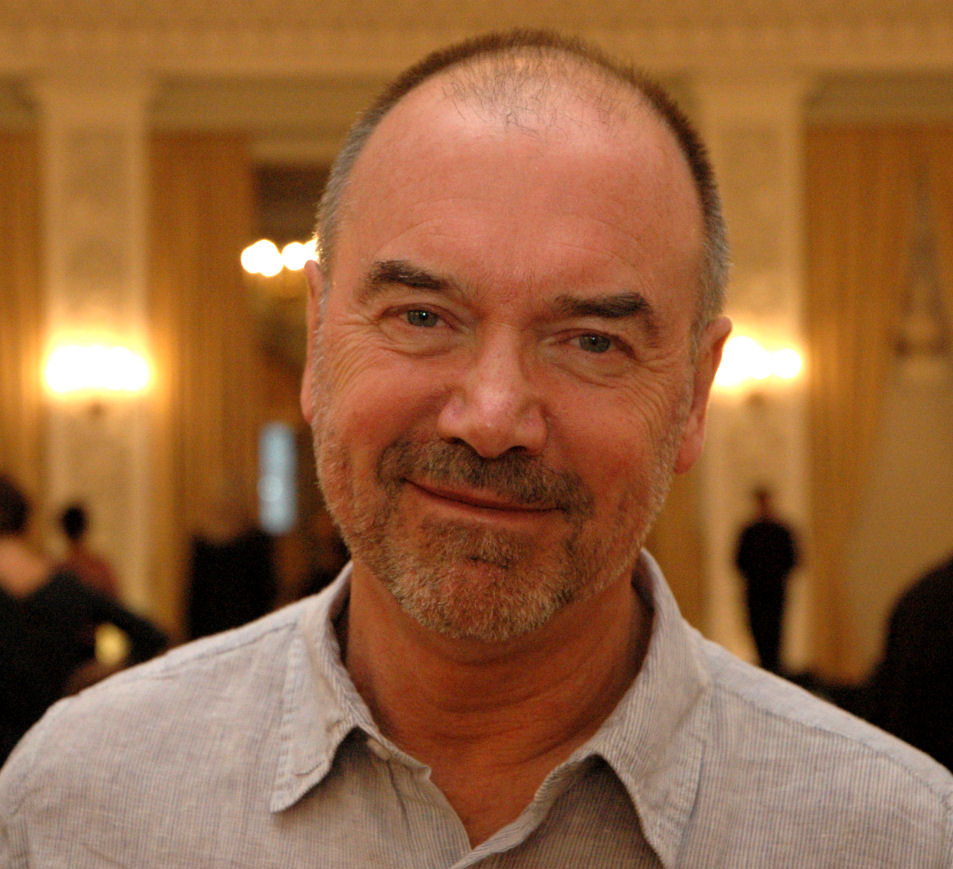
Andrew Whiten is Emeritus Professor in the School of Psychology at the University of St Andrews, a Fellow of the Royal Society of Edinburgh and a Fellow of the British Academy. His research is mainly focused on social learning, the evolution of culture, and cumulative culture. Frequently incorporating a comparative approach to studies of primates, he contrasted humans with other great apes, specifically chimpanzees. He also has interests in public engagement and founded Living Links, a research station at the Edinburgh Zoo which not only enables Scottish researchers to develop studies with several primate species, but also enables a better interaction between zoo visitors and the research being conducted there.
Selected publications:
Accommodation in St Andrews
It is easy to find accommodation in St Andrews, either in St Andrews University Accommodation or in one of the several Airbnbs and hotels in town. Early booking is recommended, because the workshop falls within the holiday and golfing season.
We suggest participants to also check out available accommodation in the nearby Dundee, at a short train or bus journey from St Andrews, for lower room rates. Bus tickets from Dundee to St Andrews Bus Station cost around £9,00 return for a full ticket or £6,00 return for a student ticket. Train tickets between Dundee and Leuchars station cost around £10.80 return and frequent buses service the journey between the station and St Andrews.
Venue
The workshop will take place in
Medical Science Building
University of St Andrews
North Haugh
St Andrews
KY16 9TF
UK
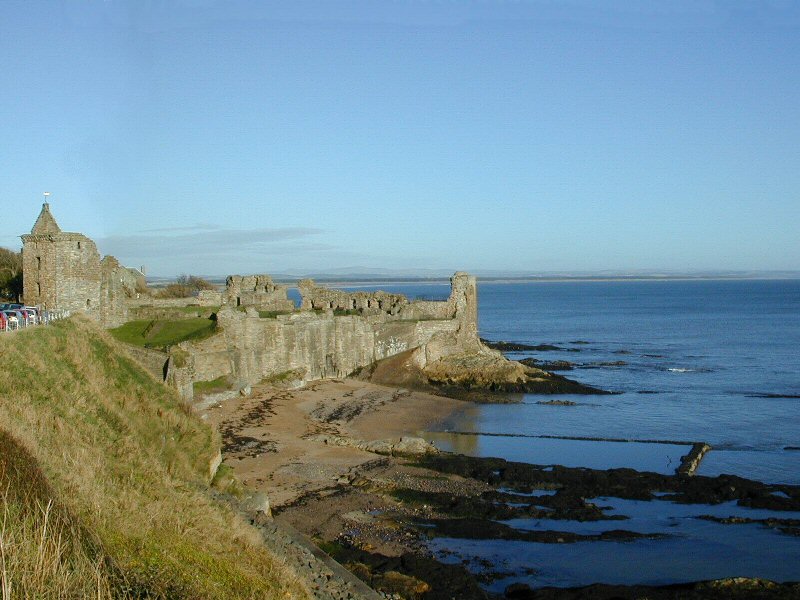
How to get to St Andrews
Flying: From Edinburgh airport, there are two ways to get to St Andrews. The first and probably cheaper option is to take the 747 bus from the airport (going towards Dunfermline) and change at Halbeath’s Park & Ride to the X24 towards St Andrews. Alternatively, it is possible to get either the tram or bus 100 from the airport to Edinburgh Haymarket and from there one of the trains that take you to Leuchars. Tickets can be bought from the station.Which way is more convenient overall will depend on the time of the day.
By train: The nearest station to St Andrews is Leuchars. There are several buses or taxis that leave just outside the station directed to town (99 or 92 buses).
Annual General Meeting
On Friday, after the workshop closes we will hold our first AGM. All society members and non-members are welcome to join us. We will discuss the current state and future directions of the society, and ratify our constitution. A detailed program for the AGM can be found here.
Further information
All participants agree upon application to the workshop that they agree with and adhere to the society’s Code of Conduct. If you have questions about this do not hesitate to contact us.
Our sponsors
Latest news
Registration is now closed!
We are sorry to announce that Prof Kevin Laland will no longer be able to attend the workshop , due to unforeseen circumstances. Prof Andy Whiten kindly agreed to join the senior researcher panel as a speaker in his stead. Apologies for any inconvenience this may cause.
Presented posters will be entered into a poster competition, with the best poster, in terms of research quality, novelty of the work and presentation, being selected by a jury of two experts in the field (Dr Ellen Garland and Prof Andy Whiten). Participants who would like to present a poster but not to take part in the competition should let the organising committee know, either in their application or at any point before the start of the workshop.
For more information, contact:
Workshop organisers
Gonçalo S. Faria, University of St. Andrews, PhD Student,
Nick Jones, University of St. Andrews, PhD Student,
Dr. Jasmeen Kanwal, University of St. Andrews, Postdoc,
Anna-Margarete Staehler, University of St. Andrews, Postgraduate Student,
[custom-twitter-feeds]